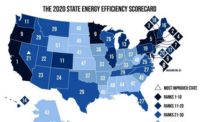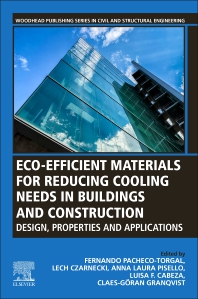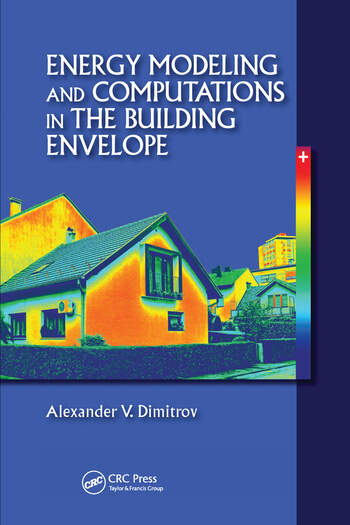Building more energy efficient homes and businesses across Michigan is cost effective, will improve the health and safety of Michigan residents and create new jobs, a group of industry, health and environmental organizations said today.
The organizations sent a letter to the Michigan Department of Licensing and Regulatory Affairs’ Bureau of Construction Codes urging it to adopt the 2021 International Energy Conservation Code (IECC) for both residential and commercial structures, while requesting electric vehicle readiness be incorporated into the residential code.
“The average Michigan household could save $327 on their utility bills each year, making this update to the building codes well worth it,” said Charlotte Jameson, chief policy officer for the Michigan Environmental Council. “These cost savings would come on top of the public health benefits of having more energy efficient homes and businesses by reducing the equivalent greenhouse gas emissions of nearly 2.5 million cars on the road.”
The Bureau took public testimony this week before it sends its recommendations to the Michigan Legislature for final approval.
“As an architect, reducing carbon footprint and designing sustainable buildings are my highest priorities,” said David Dye, project architect for DFD Architecture in Spring Lake, Michigan. “What we’re talking about is improving the envelope on a building – better insulation and air sealing – which in turn reduces a building’s energy consumption. This is an important step for Michigan to take because it reduces the building’s greenhouse gas emissions, energy consumption, which helps combat climate change.”
The letter also highlighted the need to make sure new Michigan homes are ready for electric vehicles, noting it costs about $500 at the time of construction to make that happen, compared to retrofitting a home at a cost between $1,500 and $3,000.
“We know Michigan’s automakers are cranking out a whole new fleet of electric vehicles in the years ahead, and it only makes sense that while we increase publicly available charging infrastructure, we make sure newly-built Michigan homes are ready to plug in,” said Dr. Laura Sherman, president of the Michigan Energy Innovation Business Council. “The proposed building codes are great for Michigan, and we can take this additional step to be ready for the EVs being made right here in Michigan.”
The list of organizations sending the letter includes:
- DFD Architecture
- Ecology Center
- Michigan Clinicians for Climate Action
- Michigan Energy Innovation Business Council
- Michigan Environmental Council
- Michigan League of Conservation Voters
- Midwest Building Decarbonization Coalition
- Midwest Energy Efficiency Alliance
- New Buildings Institute
- Passive House Institute US
- Sierra Club








